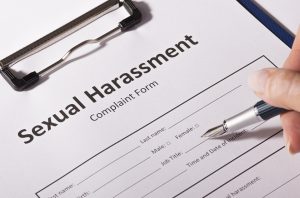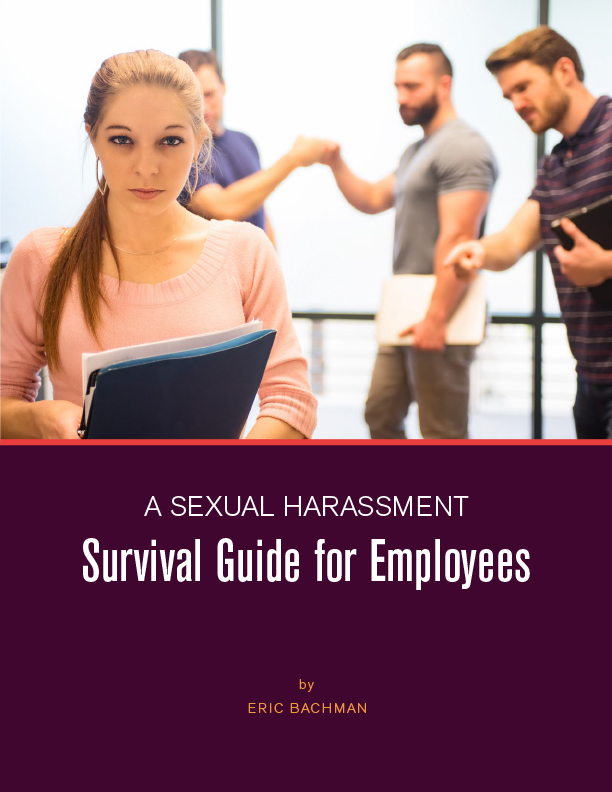What is sexual harassment?
It is illegal to harass an employee because of that person’s sex. According to the Equal Employment Opportunity Commission (EEOC), this unlawful sexual harassment includes unwanted sexual advances, requests for sexual favors, and other verbal or physical harassment of a sexual nature.
Mere teasing or isolated comments/incidents that are relatively minor do not rise to the level of illegal sexual harassment. Harassment becomes unlawful when the conduct and/or statements become so frequent or severe that it creates a hostile work environment or results in an adverse employment action (for example, firing, demoting, or suspending the victim).
Talk with a sexual harassment lawyer to maximize your potential damages. If you have experienced workplace discrimination or whistleblower retaliation, call us at (202) 769-1681, or start your preliminary consultation online.

Ebooks

A Sexual Harassment Survival Guide for Employees
Latest From The Glass Ceiling Discrimination Blog

Proving workplace harassment: the key rule that lets you use years of evidence
Workplace harassment and hostile work environment claims—especially sexual harassment and racial harassment—can be tough to prove. They become even harder when serious incidents happened more

Discovery 101: What to expect in your employment discrimination or retaliation case
You’ve filed a discrimination or harassment lawsuit—now what? The next phase, discovery, is where the real battle begins. It’s often the most time-consuming part of

Hidden risks in executive severance/settlement agreements: read before you sign
Leaving a job is a major transition. Sometimes it’s planned, sometimes it’s sudden, and sometimes it follows a conflict—like a discrimination or retaliation complaint. Whatever